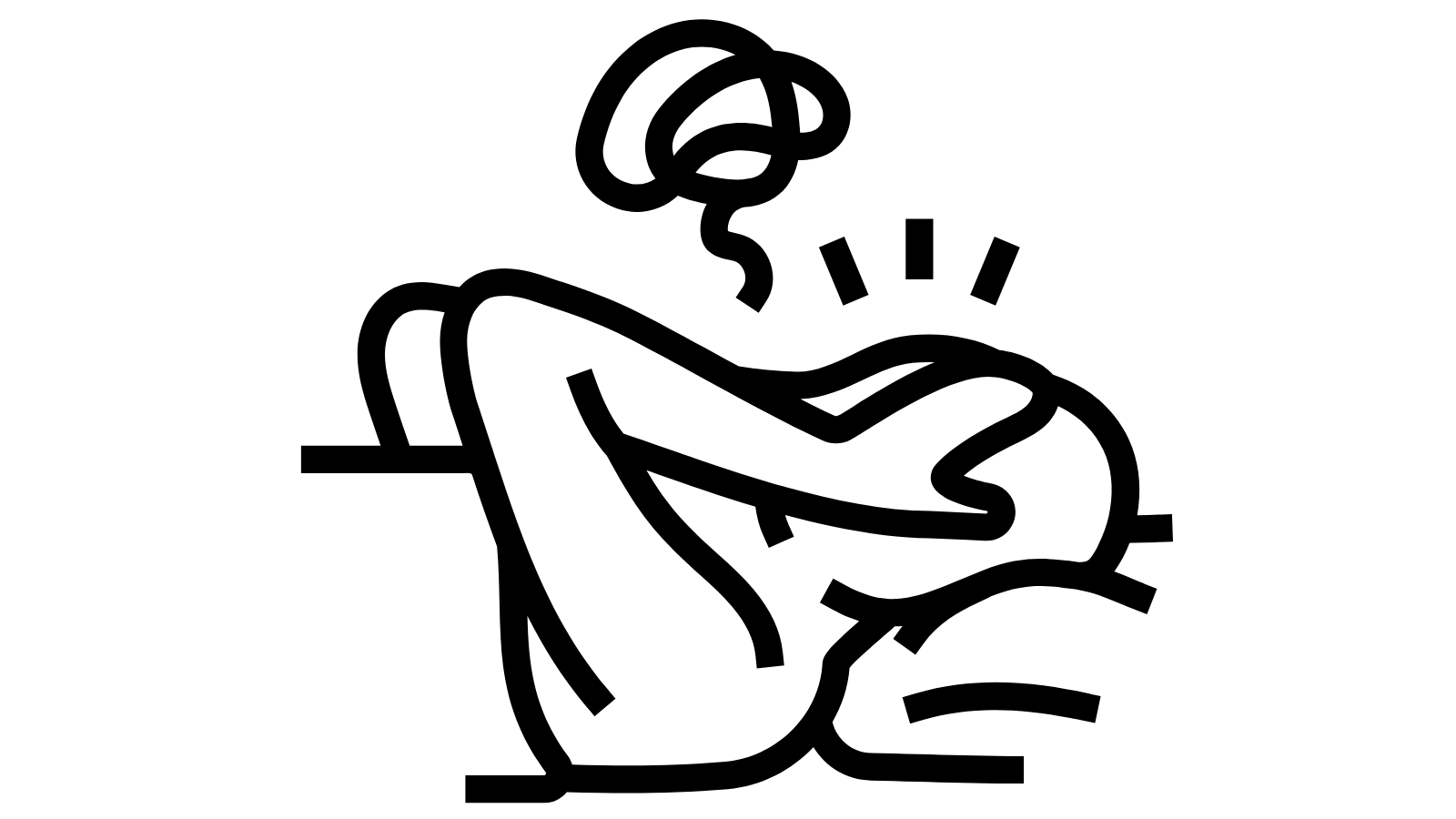It’s a common fear: lying awake at night, tossing and turning, wondering if this lack of sleep could lead to your loss. The question “Can insomnia kill you?” is a serious one, and while the answer isn’t a simple “yes” or “no,” it’s crucial to understand the real health risks associated with chronic sleep deprivation.
What is insomnia ?
Insomnia is a sleep disorder characterized by difficulty falling asleep, staying asleep, or non-restorative sleep. It can be acute (short-term) or chronic (long-term, lasting three months or more).
Causes and symptoms of insomnia:
Insomnia can result from a variety of factors, including:
- Stress and Anxiety : Worries about work, finances, or personal life can keep your mind racing at night.
- Poor sleep habits : Irregular sleep schedules, late-night screen use, and an uncomfortable sleep environment can disrupt sleep.
- Underlying medical conditions : Chronic pain, breathing problems, and other health problems can contribute to insomnia.
- Medications : Some medications can interfere with sleep.
- Mental health disorders : Depression and anxiety are often linked to insomnia.
Common symptoms of insomnia include:
- Difficulty falling asleep
- Waking up during the night and having difficulty falling back to sleep
- Waking up too early in the morning
- Feeling tired and unrested after sleeping
- Difficulty concentrating and focusing during the day
- Irritability, mood swings and increased anxiety
The Positive Impacts of Good Sleep: A Key to Optimal Health
Quality sleep is not a luxury, but a biological necessity. Restorative and peaceful sleep has profound repercussions on our physical and mental well-being. Indeed, while we sleep, our body and mind regenerate, preparing to face a new day with energy and serenity. Here are some of the many benefits of good sleep:
Physical benefits:
- Strengthening the immune system: Adequate and quality sleep allows our immune system to function optimally. During sleep, the body produces cytokines, proteins that help fight infections and inflammation. Chronic lack of sleep can therefore weaken our defenses and make us more vulnerable to diseases.
- Cellular regeneration and tissue repair: Sleep is a crucial time for the repair of damaged tissues and cellular regeneration. It is during this phase that the body produces growth hormone, which is essential for cell repair and growth.
- Cardiovascular health: Restful sleep helps regulate blood pressure and reduces the risk of cardiovascular disease. Chronic lack of sleep is associated with an increased risk of high blood pressure, heart disease, and stroke.
- Metabolism and weight regulation: Restful sleep plays an important role in regulating the hormones that control appetite and satiety. Lack of sleep can disrupt this balance and contribute to food cravings, sugar cravings, and weight gain.
- Improved energy and vitality: After a night of restful sleep, we feel more energetic, alert and able to perform our daily activities. Quality sleep allows us to recharge our batteries and optimize our physical performance.
Mental benefits:
- Improved Cognitive Functions: Sleep plays a vital role in memory consolidation, learning, and concentration. A peaceful sleep allows the brain to process and store the day’s information, improving our cognitive abilities.
- Reduced stress and anxiety: Restful sleep helps regulate stress hormones, such as cortisol. Chronic lack of sleep can lead to increased stress, anxiety, and irritability.
- Improved Mood and Emotional Stability: Quality sleep contributes to better emotion regulation and a more stable mood. Lack of sleep can lead to mood swings, increased irritability, and greater emotional sensitivity.
- Mental clarity and better decision making: After a night of restful sleep, we are better able to think clearly, solve problems, and make informed decisions. Lack of sleep can impair our judgment and decision-making abilities.
Treating Insomnia Without Drugs : Adopting Good Sleep Habits
While medications can be helpful for some, establishing good sleep hygiene is often the most effective first step in combating insomnia. Here are some key strategies:
- Establish a regular sleep schedule : Go to bed and get up at the same time every day, even on weekends.
- Create a relaxing bedtime routine : Take a warm bath, read a book, or listen to soothing music before going to sleep.
- Optimize your sleep environment : Make sure your bedroom is dark, quiet and cool.
- Avoid caffeine and alcohol before bed : These substances can interfere with sleep.
- Limit screen time before sleep : Blue light emitted by electronic devices can disrupt sleep.
- Exercise regularly : Physical activity can improve sleep quality, but avoid exercising too close to bedtime.
- Manage stress : Practice relaxation techniques such as deep breathing, meditation or yoga.
Advanced Solutions for Persistent Insomnia
For people struggling with persistent insomnia despite adopting healthy sleep habits, innovative solutions exist. The Easleep Premium device offers a unique approach to improving sleep quality.
Introducing Easleep Premium : A technological approach to better sleep
The Easleep Premium device uses cutting-edge technologies to treat insomnia at its source. It combines:
- EEG Analysis : To monitor brain activity and provide personalized insights into your sleep cycles.
- Electrocranial Stimulation (CES) Technology : To gently stimulate the brain and promote relaxation and sleep.
This combination offers a non-invasive, data-driven approach to improving sleep quality and combating insomnia without the use of medication. More information about Easleep Premium can be found here: https://www.syl-x.tech/products/insomnie-troubles-du-sommeil-easleep-premium
Conclusion: Can Insomnia Kill You? The Real Risks
While insomnia itself probably doesn't directly cause death, the long-term effects of chronic sleep deprivation can have a significant impact on your health and increase your risk of developing serious conditions such as:
- Cardiovascular diseases
- Diabetes
- Obesity
- Mental health disorders
- Weakening of the immune system
Prioritizing sleep health is crucial for overall well-being. By adopting good sleep habits and exploring innovative solutions like Easleep Premium, you can take control of your sleep and improve your quality of life.












Share: